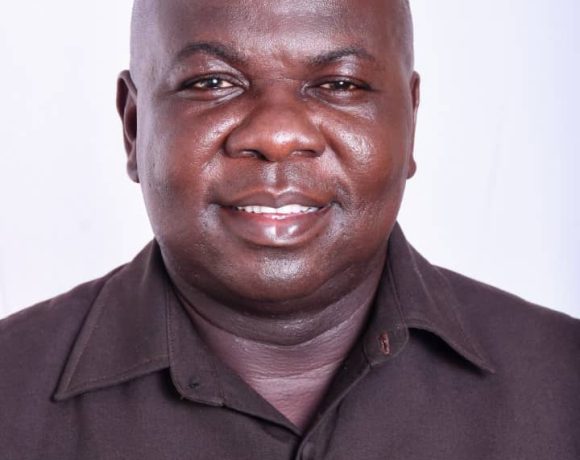‘Productivity not yet a factor in the calculation of public sector salaries’ – Fair Wages and Salaries Commission

The Fair Wages and Salaries Commission (FWSC), has said it currently does not factor productivity in the calculation of the salaries of public sector workers.
The Acting Director, Research, Monitoring, Evaluation, and Head of Public Affairs of the Commission, Earl Ankrah made this known on JoySMS on Tuesday, June 7.
According to him, even though the Commission is supposed to add it to the calculation per the Single Spine Policy, it has not yet started.
“It is supposed to be a factor. Straight from the onset of the Single Spine Policy, it was supposed to be a factor. We called it linking pay to productivity, but so far, we have not started implementing that aspect of productivity in the salary.”
“So at the moment to determine a salary, we go through job evaluation and place the worker onto the Single Spine Structure which determines what salary they earn.”
However, Mr. Ankrah told host, Kojo Yankson that the Commission at the moment negotiates the base pay in April each year.
“Again, every year in April, we go to the negotiation table to negotiate the base pay for the following year.”
The issue of the salaries of the public sector workers came to light following the claim by Government Statistician, that they are generally overpaid.
Professor Samuel Kobina Annim, said averagely, public sector workers were paid double for their output.
Delivering his inaugural lecture at the University of Cape Coast last Thursday, Prof. Annim said while earnings averaged about GH¢3,420 for the public sector worker, output in the sector averaged about GH¢1,420, less than half the earnings.

“What people earn should be equal to their output and be equal to what they spend,” he said, adding that basically there was something wrong and that such gaps should be closed in the country’s quest for real development.”
However, he has been taken on by some unions in the public sector.
For instance, the Civil and Local Government Staff Association, Ghana (CLOGSAG), has asked him to provide data to back his assertion.
CLOGSAG, in a letter signed by its Deputy Executive Secretary, Kojo Krakani, called on the Government Statistician to provide, among other things, indicators and the sample size used to conduct the research.
“The Civil and Local Government Staff Association, Ghana (CLOGSAG) has noted your findings that Public Sector workers are being overpaid”
“The Association would appreciate if you could provide us with the indicators used in your research, the sample size, the stratification and any other relevant data information to enable us to have an objective assessment of your findings.”
Kindly treat as a matter of urgency,” the statement concluded.
Also, a political science lecturer at the University of Ghana has asked the Government Statistician to refrain from classifying all public sector workers as overpaid.
“Any serious academic knows that when you talk about public servants, they are not necessarily a homogenous population and so it is disingenuous for anyone to attempt to lump all public servants together and make such a sweeping assessment,” he said in a JoyNews interview.
Meanwhile, Prof. Annim has denied making the claim.
According to the Economics Professor, the statement, which has been attributed to him are false and misconstrued, and therefore they should be dismissed.
“The bottom line is that I never said public sector workers are overpaid. No, I didn’t say that public sector workers are being overpaid. I introduced the conversation on productivity. I did it in the context of four other variables.
So essentially, what I sought to do was to start the conversation that states that the formal sector which is mainly the public sector contributes three-quarters to our GDP. Our huge informal sector contributes only 25% to our GDP. The next thing that I sought to do was to demonstrate the inequalities in earnings that we have”, he explained in an interview on JoyNews’ AM Show.
Source: Ernest Arhinful




